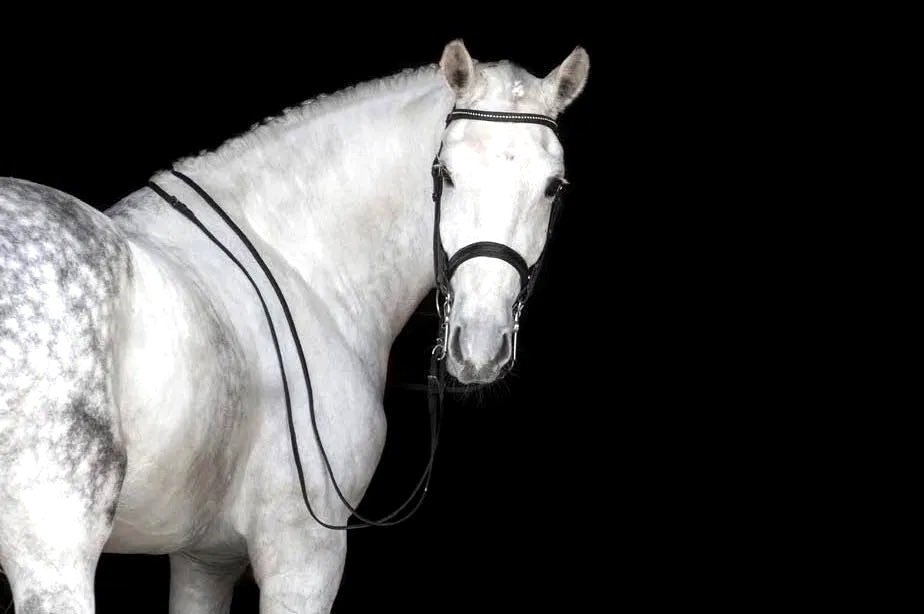When it comes to feeding horses, it can be difficult to decide which is the best option. Oats and corn are the two most commonly fed grains to horses, so it is important to understand the pros and cons of each to make an informed decision. This article will provide an in-depth comparison of oats and corn to help you decide which is better for horses.
Nutritional Value of Oats
Oats are a good source of energy for horses and contain a high level of complex carbohydrates. They also provide a significant amount of protein, with 12-14% of their dry matter composed of this nutrient. Oats are also high in fiber, which helps to maintain healthy digestive functioning. Additionally, oats are a good source of minerals, including calcium, magnesium, phosphorus, and iron.
Pros of Feeding Oats
Oats are an easily digestible grain, making them a good choice for horses with sensitive digestive systems. They are also relatively low in calories, which can be beneficial for horses that are overweight or prone to laminitis. Additionally, oats have a low glycemic index and are slow to break down, providing a steady release of energy over time. This makes them a good choice for horses that engage in strenuous physical activity.
Cons of Feeding Oats
The main downside to feeding oats is that they are more expensive than other grains. Additionally, oats lack certain vitamins and minerals that are essential for horses’ health, such as Vitamin A and Vitamin E. Therefore, it is important to supplement your horse’s diet with other sources of these nutrients.
Nutritional Value of Corn
Corn is a high-energy grain that is rich in starch and simple carbohydrates. It also contains a moderate amount of protein and is a good source of certain minerals, such as magnesium, phosphorus, and potassium.
Pros of Feeding Corn
Corn is a relatively inexpensive grain and is readily available. Additionally, it is a good energy source and can be beneficial for horses that require a lot of energy, such as racehorses. It is also a good source of Vitamin A and Vitamin E.
Cons of Feeding Corn
The main downside to feeding corn is that it has a high glycemic index and breaks down quickly, providing a spike of energy followed by a crash. This can make it difficult for horses to stay focused and can leave them feeling lethargic. Additionally, horses can become dependent on corn if fed too much, making it difficult for them to adjust to other feeds.
Conclusion
When deciding which is better for horses – oats or corn – it is important to consider the pros and cons of each. Oats are an easily digestible grain that is low in calories and provides a slow release of energy. However, they are more expensive than other grains and lack certain vitamins and minerals. On the other hand, corn is an inexpensive grain that is high in energy and a good source of certain vitamins and minerals. However, it has a high glycemic index and can lead to a crash in energy levels. Ultimately, the best grain to feed horses will depend on their individual needs and the type of activity they are involved in.

